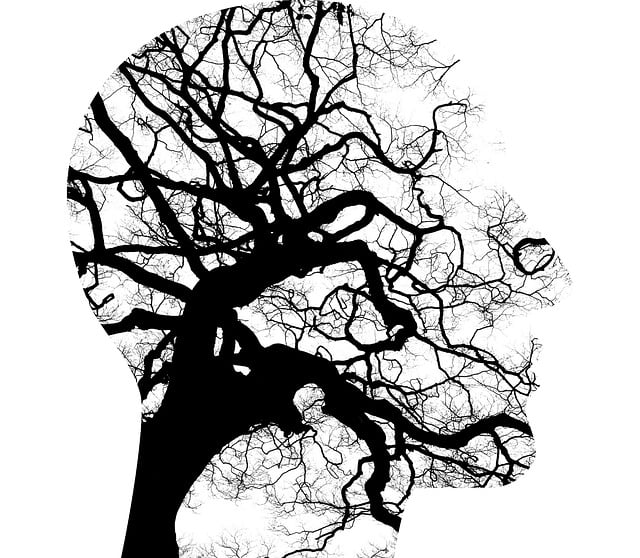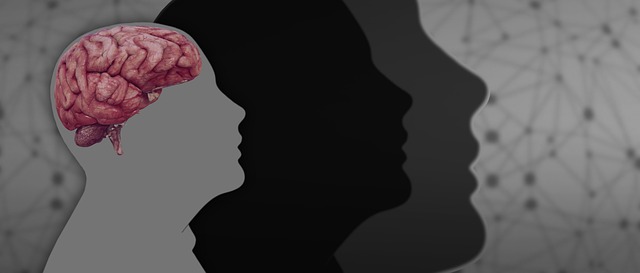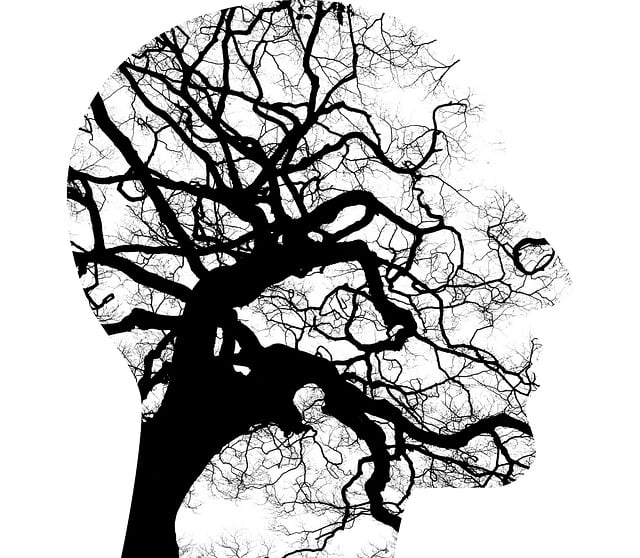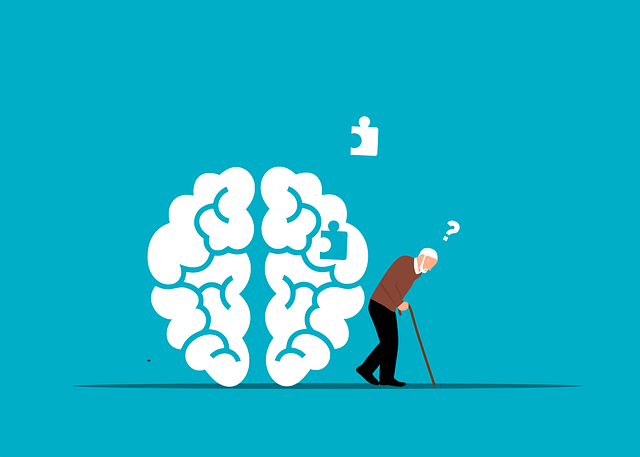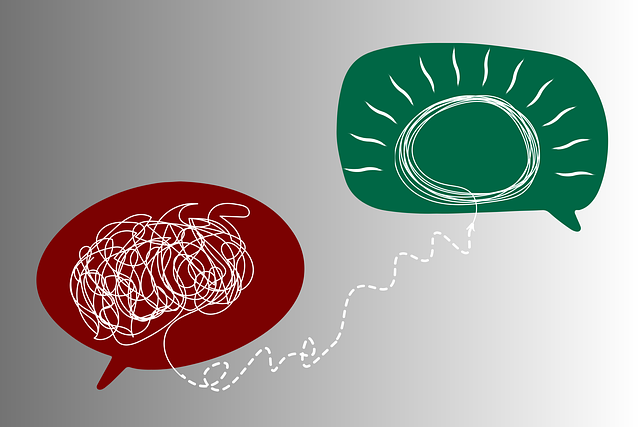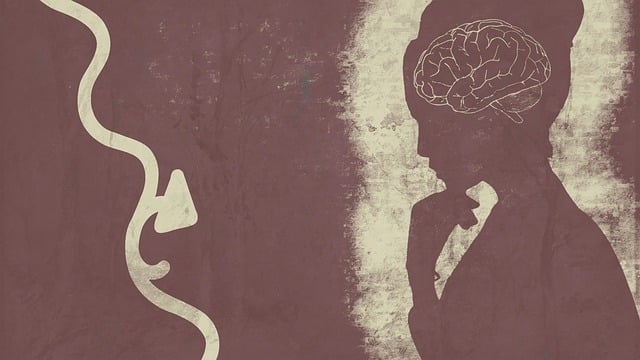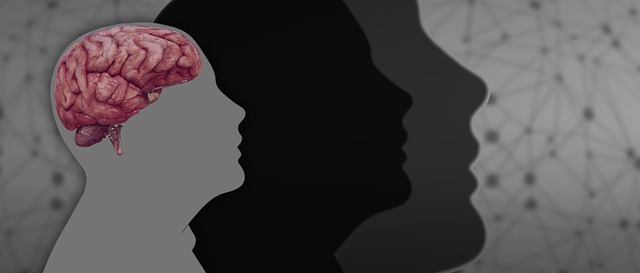Denver Trauma Therapy prioritises cultural competency as a key factor in high-quality healthcare for its diverse city population. Through training, therapists learn to recognise and overcome biases, tailor communication strategies, and create inclusive environments that respect all backgrounds, from race and ethnicity to sexual orientation and disability. This holistic approach enhances trust, fosters open dialogue, and ultimately improves treatment outcomes, making Denver Trauma Therapy a leader in culturally sensitive mental health care.
In today’s diverse healthcare landscape, cultural competency is paramount, especially in urban centers like Denver. This article explores the crucial role of training in enhancing healthcare provider skills for effective Denver trauma therapy. We delve into understanding cultural nuances, identifying biases, and implementing communication strategies to build trust with diverse patients. Additionally, practical tips are provided to create an inclusive environment, ensuring quality care tailored to Denver’s cultural tapestry.
- Understanding Cultural Competency in Healthcare: Why It Matters in Denver Trauma Therapy
- Identifying Biases and Unconscious Stereotypes: A Key Component of Training
- Effective Communication Strategies for Building Trust with Diverse Patients
- Creating an Inclusive Environment: Practical Tips for Healthcare Providers in Denver
Understanding Cultural Competency in Healthcare: Why It Matters in Denver Trauma Therapy

Cultural competency is an essential aspect of healthcare delivery, especially in diverse cities like Denver where a wide range of cultural backgrounds coexist. In the context of Denver Trauma Therapy, understanding and practicing cultural competency means creating a safe and supportive environment for every client, regardless of their ethnic, racial, or social background. This approach recognizes that individuals from different cultures may have unique perspectives on health, illness, and healing, which can significantly impact their therapy experience.
By incorporating cultural competency training, Denver Trauma Therapy professionals can better address the complex needs of their clients. This involves learning about various cultural beliefs related to stress management and mental health, such as traditional coping mechanisms and self-care practices from diverse communities. For instance, some cultures may prioritize community support systems for stress reduction methods, while others might focus on individual mindfulness practices. Such knowledge enables therapists in Denver to offer tailored therapy sessions that resonate with clients’ backgrounds, fostering trust and encouraging open communication, ultimately leading to more effective treatment outcomes.
Identifying Biases and Unconscious Stereotypes: A Key Component of Training

Identifying biases and unconscious stereotypes is a vital component of healthcare provider cultural competency training in Denver Trauma Therapy. These hidden preconceptions can significantly impact patient care, leading to misunderstandings and disparities in treatment. Training programs aim to help professionals recognize their own biases, which may be shaped by personal experiences, societal influences, or media representations. By acknowledging these biases, healthcare providers can better understand the unique perspectives and needs of diverse patient populations, fostering a more inclusive environment.
This process involves critical reflection and open dialogue, encouraging practitioners to question their assumptions. As part of the training, participants engage in activities that uncover stereotypes and challenge them. This self-awareness is crucial for delivering effective crisis intervention guidance and promoting emotional well-being through mental wellness podcast series production or implementing evidence-based techniques for emotional well-being promotion. It ensures that care remains sensitive to cultural nuances and tailored to individual needs.
Effective Communication Strategies for Building Trust with Diverse Patients

Effective communication is a cornerstone when building trust with diverse patient populations. Healthcare providers in Denver Trauma Therapy understand that each patient comes from a unique cultural background, shaping their perceptions and expectations of care. Tailoring communication strategies to acknowledge and appreciate these differences fosters an environment of safety and understanding. Active listening, where the provider fully focuses on the patient’s words and non-verbal cues, is a powerful tool. It demonstrates empathy and allows for the clarification of any concerns or misunderstandings. Using plain language, avoiding medical jargon, and adapting the communication style to suit the patient’s preference can significantly enhance trust.
Compassion cultivation practices play a vital role in this process. By incorporating self-awareness exercises and mental wellness coaching programs into training, healthcare professionals can develop a deeper sense of cultural sensitivity. These practices encourage providers to reflect on their own biases and preconceptions, ensuring that interactions with patients are free from unconscious influences. Effective communication then becomes a two-way street, where patients feel heard, respected, and valued, ultimately strengthening the therapeutic alliance.
Creating an Inclusive Environment: Practical Tips for Healthcare Providers in Denver

Creating an inclusive environment is a cornerstone of effective healthcare delivery, especially in diverse cities like Denver with its rich cultural tapestry. Healthcare providers in Denver must be trained to navigate the intricate web of cultural differences that exist among their patient population. This involves developing a deep understanding of various ethnic and racial backgrounds, as well as navigating issues related to LGBTQ+ identities, disabilities, and religious beliefs. Simple yet powerful practices such as using patients’ preferred names and terms, offering multilingual resources, and ensuring physical spaces are accessible can significantly enhance the sense of welcome and trust.
Denver Trauma Therapy plays a crucial role in promoting cultural competency within healthcare settings. Public awareness campaigns development and mental wellness podcast series production can be leveraged to foster open dialogues about trauma and mental health. By engaging the community through these channels, healthcare providers can dispel myths, reduce stigma, and encourage individuals to seek support. Ultimately, this holistic approach ensures that every patient feels respected, heard, and valued, fostering a healthier and more connected Denver community.
Cultural competency training is a game-changer in healthcare, especially within the context of Denver Trauma Therapy. By identifying and challenging biases, healthcare providers can improve communication and build trust with diverse patients. This inclusive approach not only enhances patient care but also creates a more welcoming environment in Denver’s healthcare settings. With practical strategies outlined here, professionals can navigate cultural differences effectively, ensuring every patient receives the empathetic and sensitive treatment they deserve.
